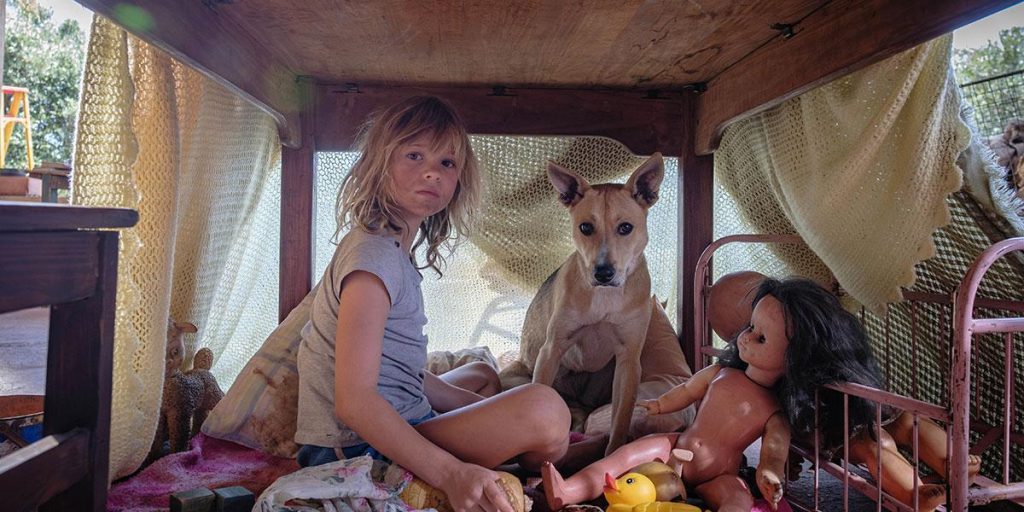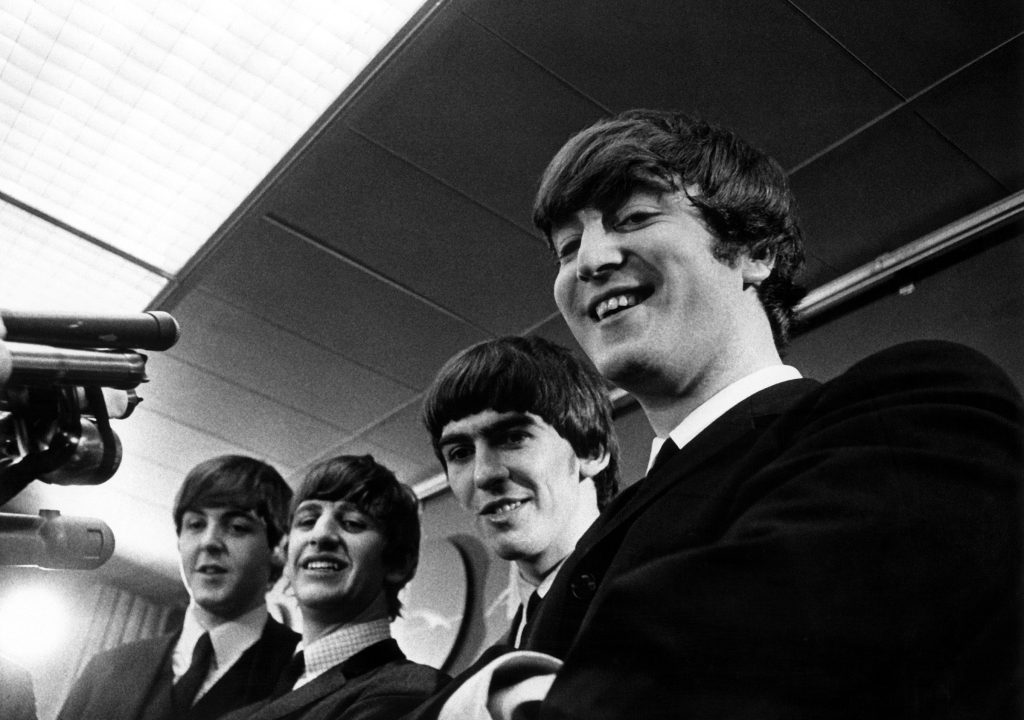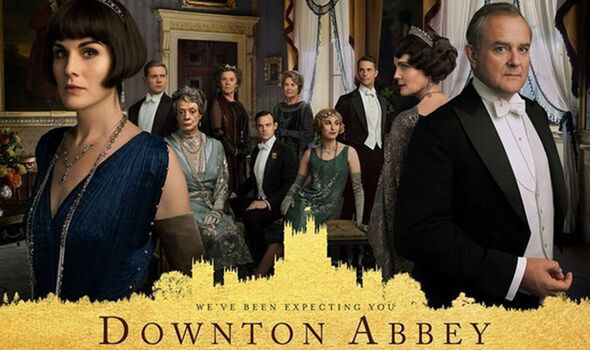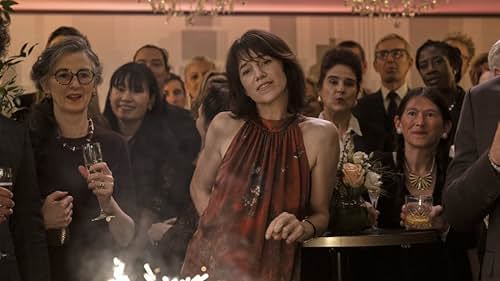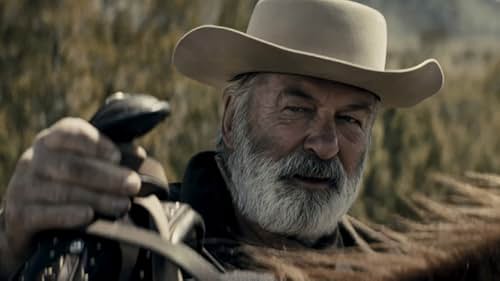“Don’t Let’s Go to the Dogs Tonight” is a film that captures the essence of a tumultuous period in history through the innocent eyes of a child. Directed by Embeth Davidtz, who also stars in the film, this adaptation of Alexandra Fuller’s memoir offers a unique and poignant perspective on the civil war that led to the creation of Zimbabwe. Set in 1980, just before and during the election that brought the country’s Black majority to power, the film is a powerful exploration of race, privilege, and the complexities of human relationships.
A Cinematic Journey Through History
The film is set against the backdrop of the Fuller family farm in Rhodesia (now Zimbabwe), a place where the harsh realities of political upheaval are felt deeply. The cinematography by Willie Nel is stunning, capturing the scorching sun and dusty landscapes that define the region. The bright, glaring light adds a layer of realism to the film, making the audience feel the heat and the tension that permeates the air.
One of the most striking aspects of the film is its focus on the child’s perspective. The story is told through the eyes of Bobo, played by the remarkable Lexi Venter. Venter’s performance is nothing short of extraordinary. At just seven years old, she delivers a natural and heartfelt portrayal of a child caught in the midst of a changing world. Her wide-eyed innocence and nuanced expressions bring a depth to the film that is both touching and thought-provoking.
Directorial Choices and Themes
Davidtz’s directorial choices are bold and effective. By centering the narrative around Bobo, the film avoids the pitfalls of a more straightforward political drama. Instead, it delves into the emotional and psychological impact of war on a young mind. The use of Bobo’s voiceover, delivered in Venter’s natural tone, adds a layer of authenticity that grounds the film in reality.
The screenplay, also written by Davidtz, deftly handles the complex themes of racism and privilege. Through Bobo’s interactions with the family’s servants, Sarah and Jacob, played by Zikhona Bali and Fumani N. Shilubana, the film explores the tensions and contradictions of colonial life. Bobo’s innocent observations highlight the absurdity and cruelty of the racial divide, making the audience question their own perceptions of privilege and power.
Technical Excellence
Technically, the film is a marvel. The editing by Nicholas Contaras is precise, ensuring that each scene with Bobo is perfectly timed to maximize emotional impact. The music by Chris Letcher complements the visuals, creating a haunting and evocative soundscape that enhances the film’s overall atmosphere.
Personal Reflections and Realizations
Watching “Don’t Let’s Go to the Dogs Tonight” in a dimly lit theater, surrounded by an audience that seemed equally captivated, was an experience in itself. The film’s portrayal of Bobo’s world felt both distant and uncomfortably close to home. It reminded me of my own childhood, where innocence often shielded me from the harsh realities around me. Yet, as Bobo’s story unfolds, it becomes clear that no amount of innocence can entirely protect one from the impact of war and political change.
One scene that particularly struck me was when Bobo visits her grandfather, who has had a stroke. Venter’s wide-eyed expression and the brief pause before she speaks convey a depth of emotion that is rare in child actors. It’s a moment that feels both raw and genuine, highlighting the film’s ability to capture the complexities of human experience.
A Film That Stays With You
In the end, “Don’t Let’s Go to the Dogs Tonight” is a film that lingers in the mind long after the credits roll. It’s a testament to the power of cinema to explore difficult subjects with grace and nuance. While it may not offer easy answers, it invites the audience to reflect on their own assumptions and biases. It’s a film that feels both timely and timeless, offering a unique perspective on a pivotal moment in history.
Conclusion
“Don’t Let’s Go to the Dogs Tonight” is a must-watch for anyone interested in a deeply moving and thought-provoking film. It’s a rare adaptation that captures the spirit of its source material while adding its own unique voice. With its powerful performances, stunning cinematography, and insightful exploration of complex themes, it stands as a testament to the power of storytelling.

